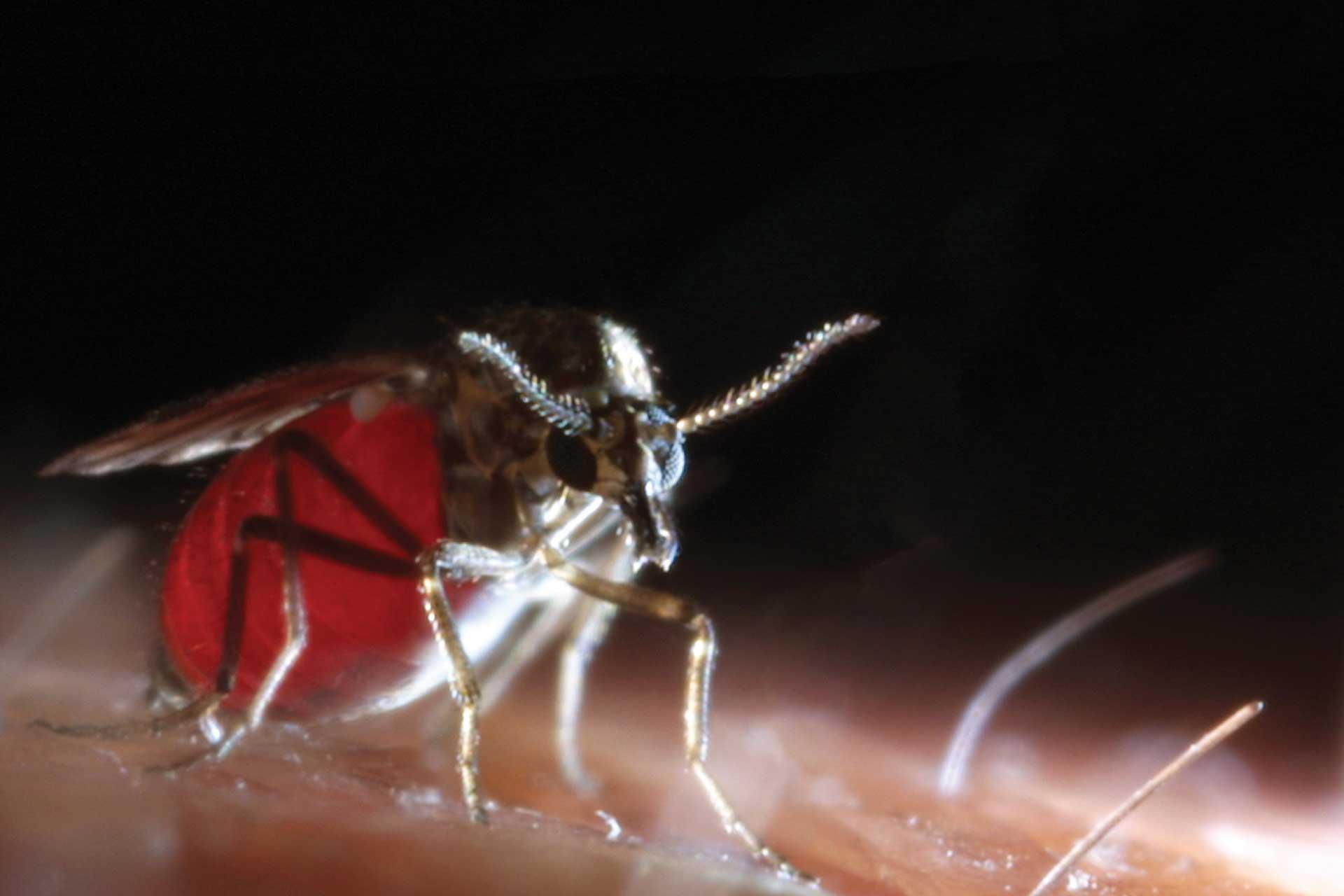For the first time, scientists at The Pirbright Institute and the European Bioinformatics Institute have been able to generate and build a complete Culicoides biting midge genome. These flies are not only an annoying biting nuisance for those visiting or living in Scotland, but also transmit a range of important animal viruses on UK farms including bluetongue virus.
“Providing the biting midge genome enables scientists to work out where important genes are located and in some cases what their functions are,” said Dr Mark Fife, who led the project. The entire genome will be made available via the open access database system Ensembl Genomes (December 2018 release).
The freely available resource allows scientists to share knowledge about the genetics of insects and other arthropods that spread diseases. “For the midge community this is an exciting moment and our work will assist those around the world who carry out research on these tiny flies” added Dr Simon Carpenter, leader of the Entomology group at Pirbright.
The research, published in BMC Genomics, will improve knowledge about which genes are involved in the transmission of livestock viruses and also allows comparisons to be drawn with other groups of vectors, including mosquitoes and sandflies. “This is important because division between biting midges and mosquitoes is likely to have occurred over 200 million years ago, meaning that they differ substantially in their genetics” said Dr Fife.
The midge genome will also assist genetic manipulation of this group, including the production of transgenic lines, where genetic changes to an organism are passed down through multiple generations. This technique is already routinely applied in a large number of research areas with mosquitoes, including how they find their hosts, why certain individuals get infected by viruses and why others don’t and in producing sterile insects for control purposes.
“One of the difficulties that we face as researchers on this vector group is that there are major challenges in working with such small insects - providing basic resources like this for what are a neglected species is therefore a major accomplishment” Dr Carpenter commented.
This research was funded by the Biotechnology and Biological Sciences Research Council (BBSRC); grant number BB/J016721/1.
